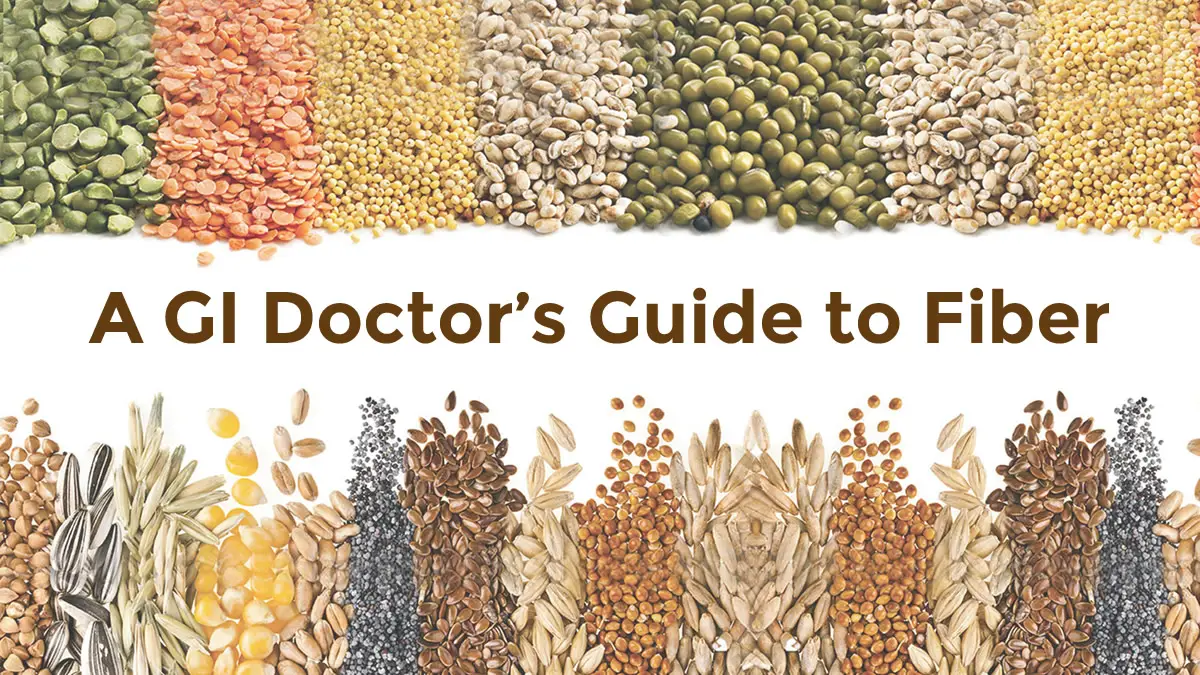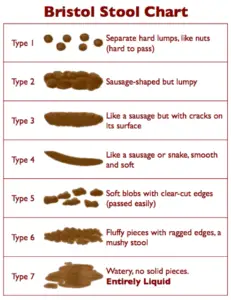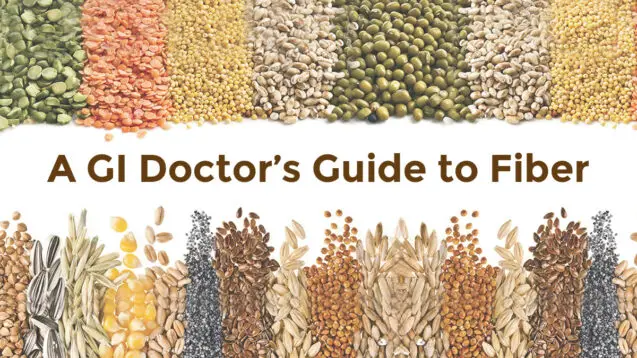When dealing with gastrointestinal issues, you are asked one question over and over…
Are you getting enough fiber?
Why Does Fiber Help Digestion?
You may have heard over and over again how important fiber is for your health, but you may not understand why it has such an impact. Fiber plays a unique role in digestion it is not broken down into nutrients but instead stays intact as it makes its journey through your intestines.
A diet high in fiber can help keep your heart healthy, slow down the absorption of sugar through the gut wall, and aid in weight management. Getting enough intestinal fortitude ensures your digestive system runs smoothly. Allowing for a more comfortable pooping experience.

Read The Article
Read More
Read The Article
A stool or bowel movement is defined by the National Institute of Digestive Diseases as what is left after your digestive system (stomach, small intestine, and colon) breaks down and absorbs nutrients and fluids from what you eat and drink. While no one likes to talk about it, regular bowel movements are imperative to our health. In this blog article I’ll briefly cover what to be aware of in regards to bowel movements and what they can be indicative of in terms of our digestive health.
Bowel Movements – What Should I Be Aware of?
Unless you are suffering from intestinal issues, most of us don’t spend a lot of time thinking about our bowel movements. If you were asked to describe a normal bowel movement could you do it? Since there is no a standard definition of a “normal” bowel movement, don’t be worried if you struggled with that question. Bowel movements are highly individualized based on factors like diet and exercise. The key thing to be aware of is what is normal for you. Take note of the four characteristics below and let you doctor know if any of them change dramatically. It’s helpful to create a log of any changes with dates and use the Bristol Stool Chart diagram to describe the shape.
were asked to describe a normal bowel movement could you do it? Since there is no a standard definition of a “normal” bowel movement, don’t be worried if you struggled with that question. Bowel movements are highly individualized based on factors like diet and exercise. The key thing to be aware of is what is normal for you. Take note of the four characteristics below and let you doctor know if any of them change dramatically. It’s helpful to create a log of any changes with dates and use the Bristol Stool Chart diagram to describe the shape.
Read The Article
What is Gluten?
According to the Celiac Disease Foundation, gluten is a general name for the proteins found in wheat, rye, barley and triticale. The science on gluten sensitivity is evolving quickly and we’re starting to learn much more about this condition. Since so many foods and restaurants are now advertising gluten-free options, I often have patients ask me if they should be “gluten-free”. Due to these questions, I wanted to provide a brief overview on these diets and a few common questions related to gluten.
What Symptoms are Indicative of Gluten Sensitivity or Celiac Disease?
These symptoms are signs that you may have an issue:
- You have chronic GI symptoms. A few of the more common chronic GI symptoms include but are not limited to – diarrhea, abdominal cramping, and bloating.
- You’re deficient in iron, folate, or vitamin B12.
- You have a family history of celiac disease.
Read The Article






 were asked to describe a normal bowel movement could you do it?
were asked to describe a normal bowel movement could you do it?